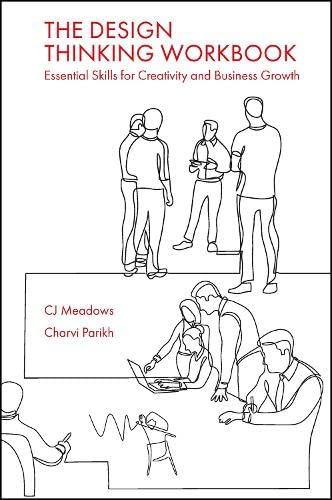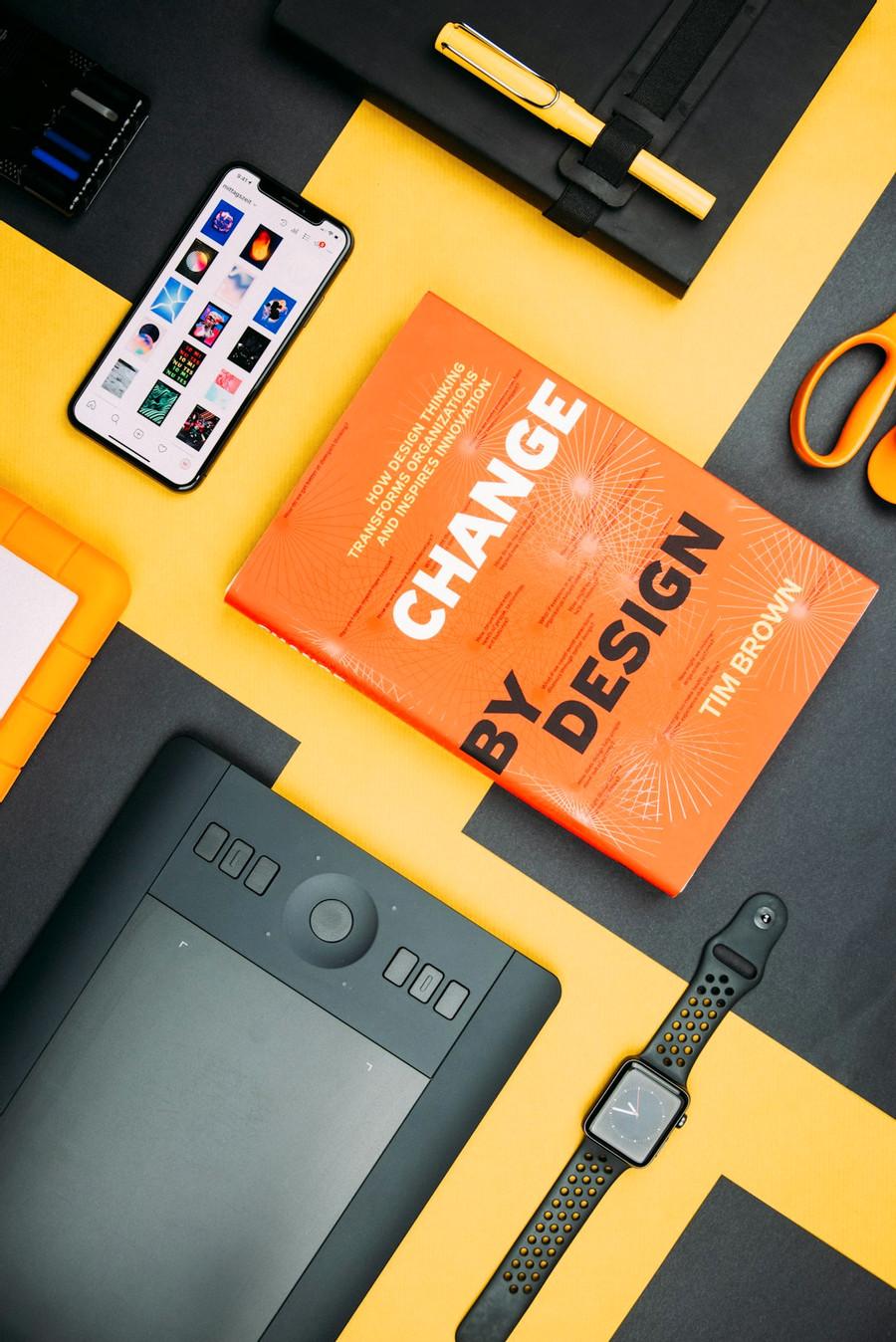Explore the World's Best Ideas
Join today and uncover 100+ curated journeys from 50+ topics. Unlock access to our mobile app with extensive features.
The Design Thinking Workbook
- Design thinking solves human-centered problems.
- Hone your empathy, observation, listening and critical thinking skills.
- Get your creativity flowing.
- Understand your customer’s perspective.
- Identify the right problem.
- Prototype and experiment with your design.
19
241 reads
Design thinking solves human-centered problems
“Even if you have a hammer in your hand, not all the world is a nail.”
Many people have come up with different approaches to design thinking, such as the process that involves breaking down behavioral patterns to form insights, and the IBM method that oscillates from customer observation to reflection to creation and back again. However, these approaches are most useful to experts who already know what they want and what to look for. As a beginner, it’s better to start with the basics.
17
142 reads
Hone your empathy, observation, listening and critical thinking skills
“You absolutely, positively have to be there and observe!”
Before you start designing a new product or service that you think will help your customers, step back and take a look at how you perceive the world. Examine how you think about your customers, what aspects of their behaviors you focus on and how you process the insights they give you. The way you feel, watch, listen and analyze all play a major role in how you design.
17
106 reads
Get your creativity flowing
“You can’t use up creativity. The more you use, the more you have.”
One tool for boosting creativity is “storywording.” Originating from improv, storywording involves co-creating a story: One person starts the narrative, the next person adds a word, and so forth.
Another tool is the “diverge-converge” method. Your goal is quantity over quality of ideas. Begin writing down every possible idea in response to a challenge. Once at 50 ideas, take same time to narrow them down until you have one to pursue.
If you still feel stuck, try using analogies to think about your challenge in a different light.
19
104 reads
Understand your customer’s perspective
“Design is the intermediary between information and understanding.”
Getting to know your customers, what they want, how they think and why they act a certain is way is imperative for successful design.
Start with looking for the “extreme” customers.
Try a structured interview method: Prepare a set of questions to ask beforehand.
You may also find, however, that unstructured interviews yield those magical insights that your prepared questions could have overlooked.
17
91 reads
Identify the right problem
“Design is a formal response to a strategic question.”
If you spend months designing, building and creating a new type of smartphone holder to help people keep their credit cards, ID and phone all together only to realize that no one wants to buy it because people would rather use the AppleWallet app, then you’ve missed the real problem.
One tool you can start with is the “five whys.” This method helps find the root cause of an issue.
Another way to use the “why” question is with a “challenge map.” If you feel uncertain about the problem, try asking why you want to solve it in the first place.
20
72 reads
Prototype and experiment with your design
“A designer knows he has achieved perfection not when there is nothing left to add, but when there is nothing left to take away.”
Now that you thoroughly understand your customers and have identified the right problem, start solving. It’s good to think big, at first, when picturing solutions.
Designing takes a lot of tries to get right, so don’t feel discouraged if your first solution doesn’t work. Keep circling back through the process until you get it right.
17
90 reads
IDEAS CURATED BY
CURATOR'S NOTE
Essential Skills for Creativity and Business Growth. Designers Charvi Parikh and C. J. Meadows’s handbook of design thinking tools will guide you through the innovation process, from challenge to prototype.
“
Discover Key Ideas from Books on Similar Topics
15 ideas
Play Bigger
Al Ramadan, Dave Peterson, Christopher Lochhead, Kevin Maney
11 ideas
Art Therapy Techniques and Applications
Susan I. Buchalter
9 ideas
Creating Great Choices
Jennifer Riel, Roger L. Martin
Read & Learn
20x Faster
without
deepstash
with
deepstash
with
deepstash
Personalized microlearning
—
100+ Learning Journeys
—
Access to 200,000+ ideas
—
Access to the mobile app
—
Unlimited idea saving
—
—
Unlimited history
—
—
Unlimited listening to ideas
—
—
Downloading & offline access
—
—
Supercharge your mind with one idea per day
Enter your email and spend 1 minute every day to learn something new.
I agree to receive email updates

